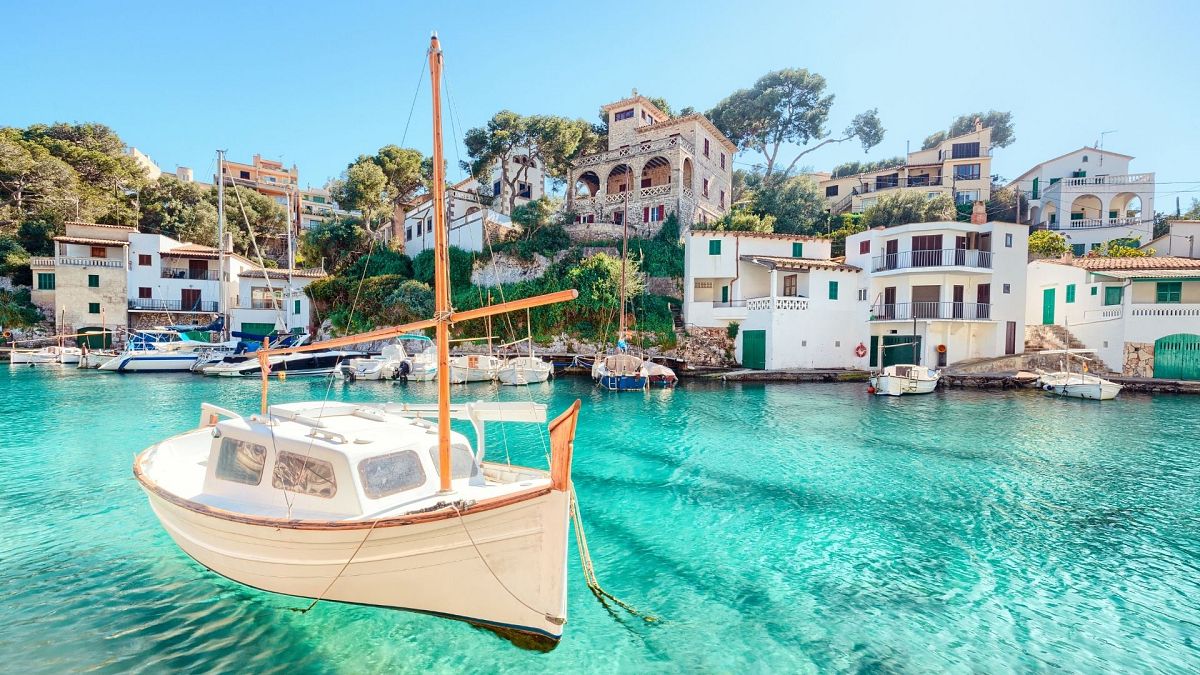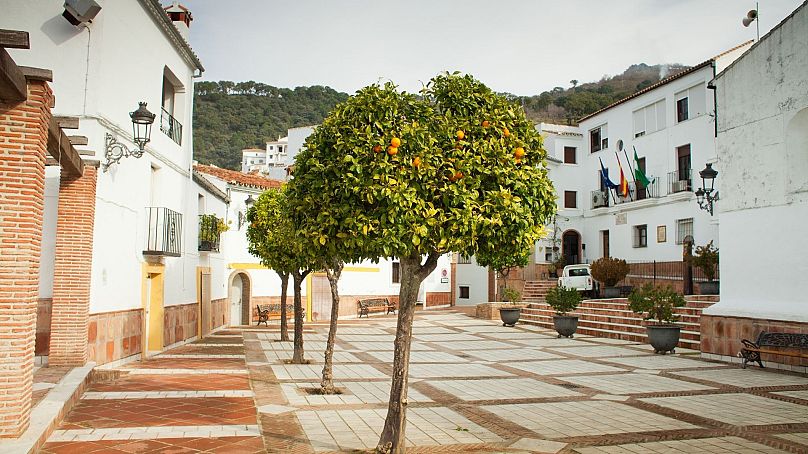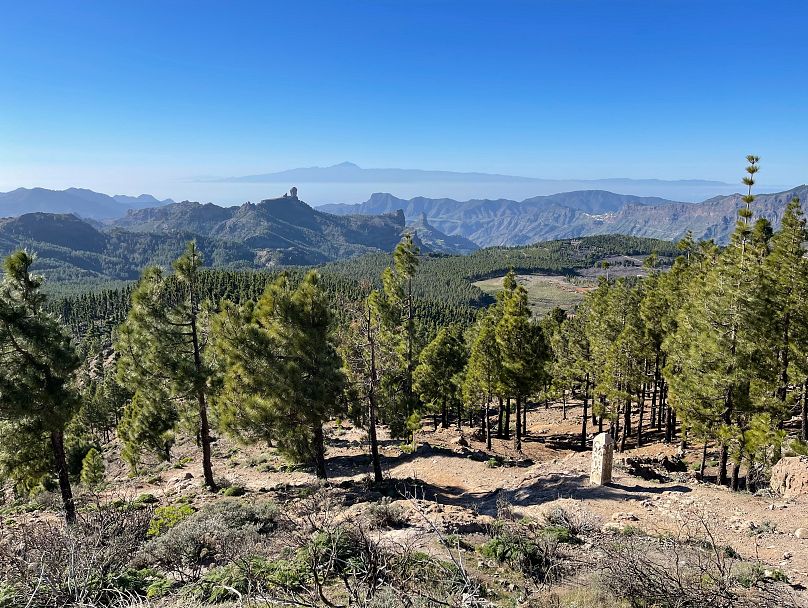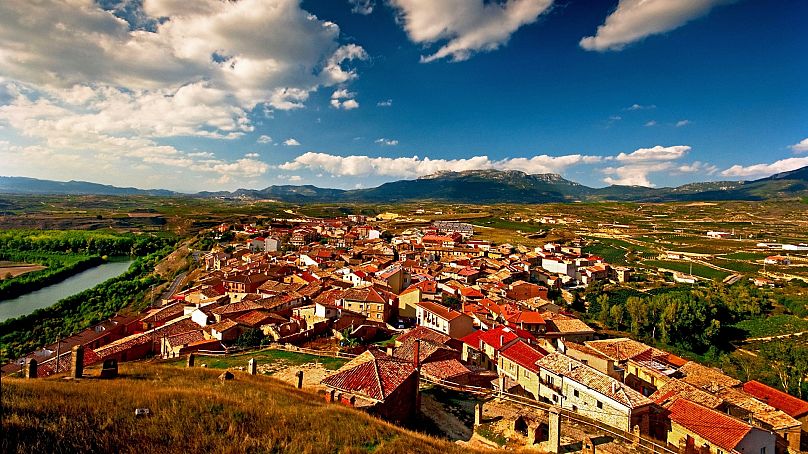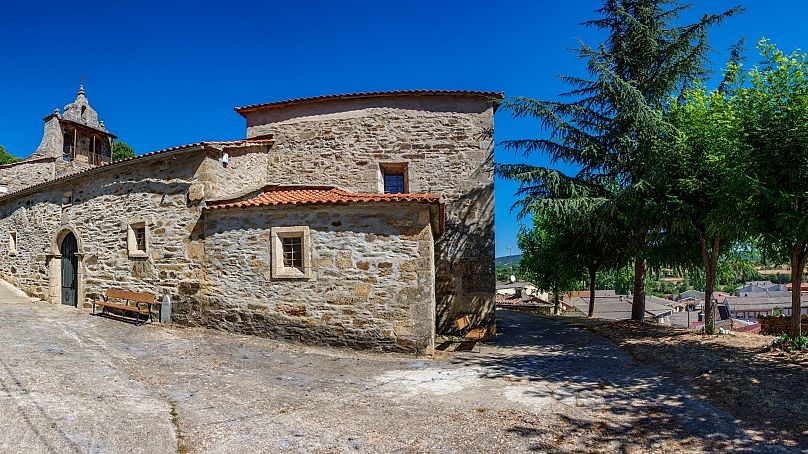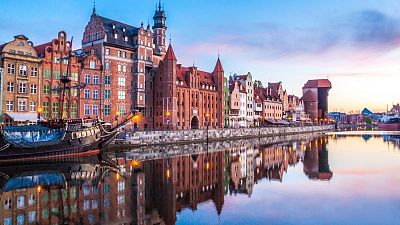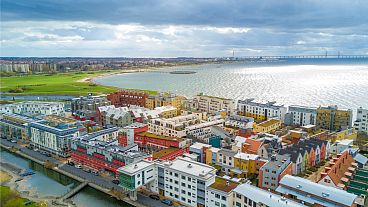A network of around 30 villages and towns is welcoming remote workers to help revitalise their communities - through launching a new digital nomad visa.
If you fancy getting away from your desk and jetting off to work somewhere far from home, then Spain might be your next destination of choice.
With the rise of remote working, the country is planning to introduce a digital nomad visa that will allow you to stay and work for a maximum of 12 months. This can then be extended up to two times. Startups may also be given tax incentives to encourage young entrepreneurs to make a move somewhere new.
The new law is part of the recent Startup Act which is currently passing through the Spanish parliament.
A lack of job opportunities in rural Spain has left many small towns and villages with dwindling populations but these destinations, in particular, are more than ready to welcome remote workers.
Around 30 towns and villages across Spain have decided to join the Red Nacional de Pueblos Acogedores para el Teletrabajo (or National Network of Welcoming Villages for Remote workers) to encourage digital nomads to visit. They all have under 5,000 residents and want to attract new residents to repopulate their streets.
Whether people stay for a short break or make these places their temporary homes, it is hoped that an influx of people working from home will help to revitalise communities.
Rather than having to find your own way, the programme offers remote workers a host who can welcome them to the town or village and connect them with life in the community.
You can find an interactive map of the locations calling out for digital nomads on the network’s website but here is a shorter selection of our favourites.
Genalguacil, Malaga
This small village in the heart of Genal Valley has less than 500 residents. Perched on the slopes of Sierra Bermeja and not far from the sea, its natural beauty has been popular with art lovers for generations.
Good air quality and low noise pollution make this an appealing choice for anyone looking to escape busy city life.
Genalguacil has fibre internet and good 4G reception so there is no need to worry about staying connected in this remote location.
The cost of living in the village is low too at around €130 a week for accommodation, food and the use of a workspace.
Tejeda, Gran Canaria
The only option located on the Canary Islands, Tejeda is the choice for anyone wanting guaranteed warmth all year round.
The average annual temperature is around 19ºC and only 700mm of rain falls on the village every year.
At a total of 1,921 residents, it is busier than some of the other digital nomad destinations on the list but with that comes a small market filled with local artisanal products as well as more restaurants and facilities to choose from.
The cost to stay in the village comes in at roughly €240 per person per week for food and housing.
San Vicente de La Sonsierra, La Rioja
Sat atop a hill and surrounded by vineyards that produce some of the Rioja region’s famous wines, this village is packed with historic charm. Its winding streets culminate at a castle and church with spectacular views over the area.
Just over 1000 people live in San Vicente de La Sonsierra but that doesn’t mean it is cut off. Local facilities include a health centre, post office, library and a selection of shops.
If you are looking for inspiring surroundings and a quiet location to get inspired, then this northern Spanish village could be the remote working destination for you.
On average a week, stay including the cost of food and accommodation, will set you back €205 per person.
Rabanales de Aliste, Zamora
Located close to the border with Portugal, this village has fewer than 500 inhabitants. An ageing population means that language traditions are dying out here and with the ancient stories of life in this area.
This is one for language enthusiasts who should be prepared to learn some local expressions to help keep these generations-old customs alive.
Hiking trails and mountain biking routes make this a good choice for the sporty digital nomads, too. The region is full of natural beauty to explore and is slightly less hilly than some of the other choices on the list.
Staying here will cost you roughly €270 a week for food and accommodation with free remote workspace available in the village’s old school building.
